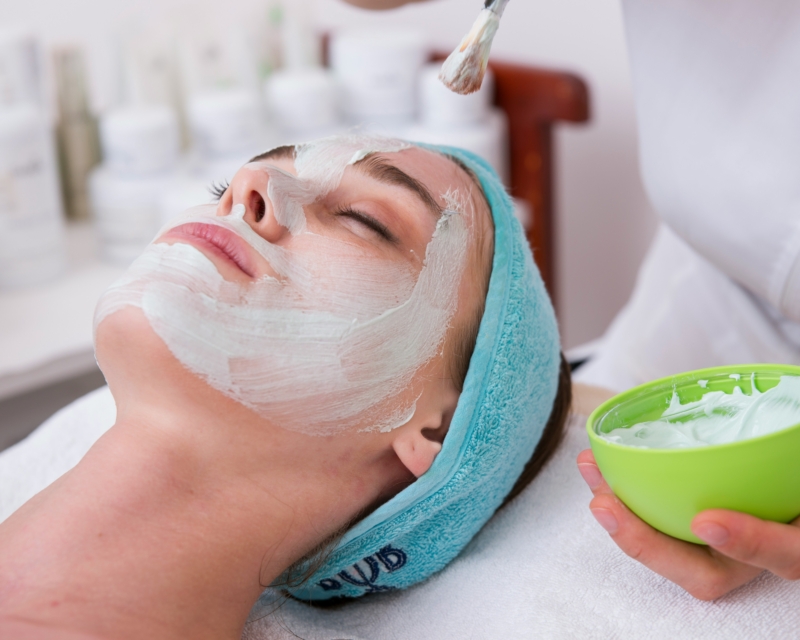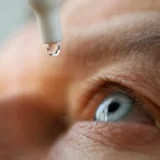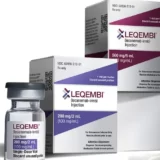Facial Product Contamination Raises Cancer Concerns
In a world where clear skin is often equated with beauty and confidence, the quest for the perfect complexion has led many to rely on acne treatment products to banish blemishes and breakouts. But beneath the promise of flawless skin lies a troubling revelation: some of these seemingly innocuous products may pose a serious risk to our health.
A recent report from the independent laboratory Valisure has sent shockwaves through the skincare industry, exposing the presence of a cancer-causing chemical in popular acne treatment products. Benzene, a known human carcinogen, has been found to lurk in prescription and over-the-counter benzoyl peroxide acne treatments, putting millions of consumers at risk.
What’s particularly alarming is how benzene can form in these products under specific conditions, namely when they are handled or stored at certain temperatures. This means that unsuspecting consumers may be unwittingly exposing themselves to this toxic chemical as they go about their daily skincare routines.
Valisure’s findings, based on the testing of 66 benzoyl peroxide acne treatment products, paint a distressing picture of the extent of benzene contamination in the market. Among the household names implicated in this health scare are Clearasil, Proactiv, Target’s Up & Up brand, and Clinique. These are brands that consumers have come to trust, never suspecting that the very products they rely on to clear their skin could be endangering their health.
The implications of this discovery cannot be overstated. Benzene exposure has been linked to a host of serious health issues, including various forms of cancer such as leukemia and other blood-related cancers. The thought that something as mundane as a skincare product could potentially contribute to such devastating diseases is deeply troubling.
In light of these findings, it is imperative that federal health officials take swift and decisive action. Valisure has called for the immediate recall of these contaminated products, and it’s a call that cannot be ignored. The health and safety of consumers must always take precedence over corporate profits.
But beyond the immediate need for a recall, this revelation should prompt a broader conversation about the regulation of the cosmetics industry. How is it possible that products containing a known carcinogen are allowed to be sold to consumers without adequate oversight? Where are the safeguards to protect the public from such risks?
As consumers, we have the right to know what goes into the products we use on our bodies. We deserve transparency and accountability from the companies that profit from our desire for clear, healthy skin. It’s time for the skincare industry to step up and prioritize the safety and well-being of its customers above all else.
In the meantime, as the investigation into benzene contamination continues, consumers would be wise to exercise caution. Read labels carefully, educate yourself about the potential risks, and consider exploring alternative skincare options until the safety of these products can be assured.
Ultimately, our health is too precious to gamble with. It’s time to demand better from the skincare industry and ensure that the products we use are truly safe for use. Our skin may be our largest organ, but it’s what’s underneath that deserves the most protection.






